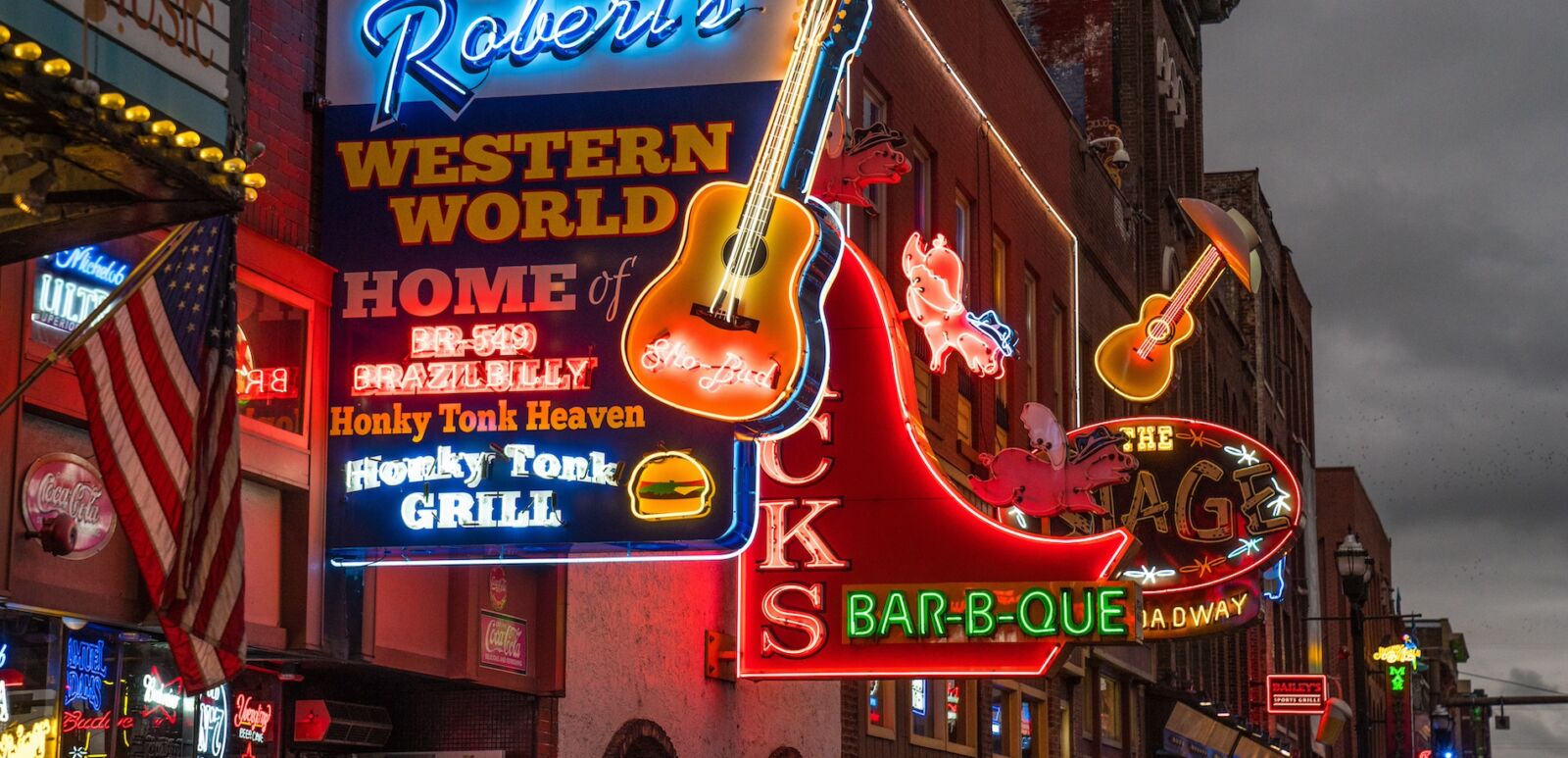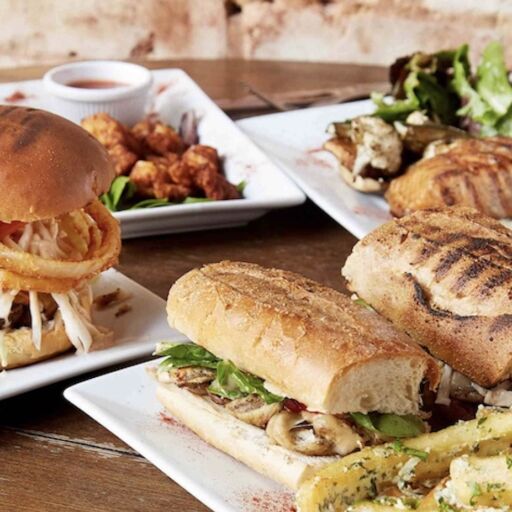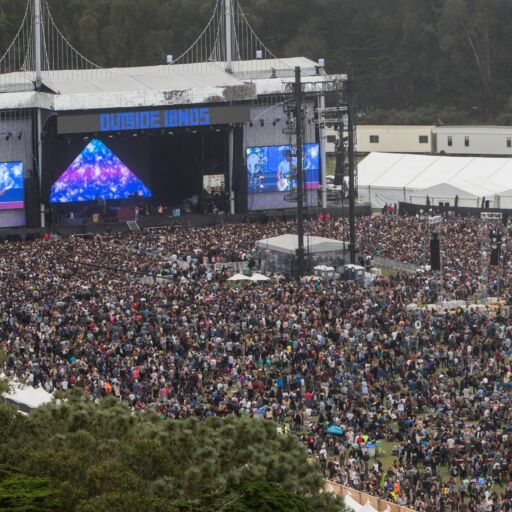In 1871, the Fisk Jubilee Singers, an a cappella group from Fisk University in Nashville, Tenn, went on tour. At the beginning, they performed their set of spirituals in small towns, but pretty soon they were as popular as a 19th century BTS. They performed for President Grant at the White House and in 1873, they went to Europe. Reportedly, when Queen Victoria heard them sing, she exclaimed, “they must be from the city of music!” Whether or not that’s true – although if anyone’s exclamations were getting recorded, it makes sense that it would have been the woman who thought she could claim to own a serious portion of the globe – the name stuck.
Nashville, which topped our second annual Best Music Cities survey, is Music City. The nickname gained more popularity in the 20th century with the broadcasts coming out of WSM-AM and the Grand Ole Opry, but I like the origin story with the Fisk Jubilee Singers better. Nashville is more than just country music. Its workforce comprises a larger percentage of working musicians than anywhere else in the country. So sure, the city is also known for its honky-tonks and country music labels, but those working musicians aren’t all Kacey Musgraves (no shade to Kacey Musgraves, you go girl). They’re rappers and singer-songwriters, grunge bands and EDM DJs.
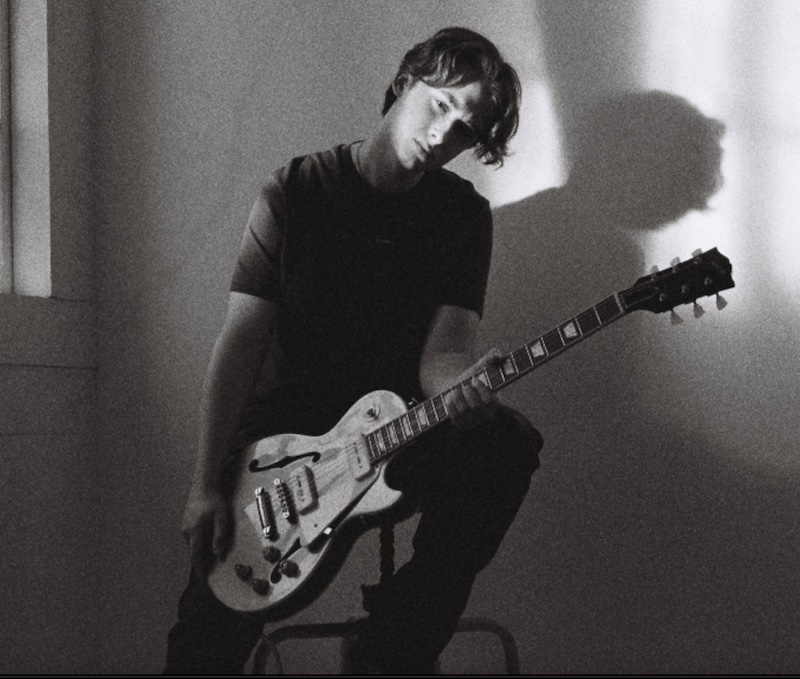
This past winter, Sony Music Nashville opened up a non-country music imprint in the city, Free Flight Records. Right now, the imprint only represents two singer-songwriters, Darren Kiely and Ben Goldsmith, who respectively sound much more like The Lumineers or James Bay than Willie Nelson. The label told Billboard that they’d be open to sign hip-hop or pop artists as well. Just no country. More than anything, the investment in the imprint is a corporate nod to the ongoing and growing presence of other types of music and artists in the city. Just look at the growing EDM scene, and you’ll know that the city isn’t just for cowboys (although I think you can still wear a cowboy hat to the club.)
This past March, Nashville welcomed its first dedicated EDM club, Night We Met. The club was the brainchild of the same team that put together Deep Tropics, a sustainability-focused electronic festival in Nashville that started in 2017. Night We Met is now a constant gathering ground for electronic lovers, more of whom there might be than you think.
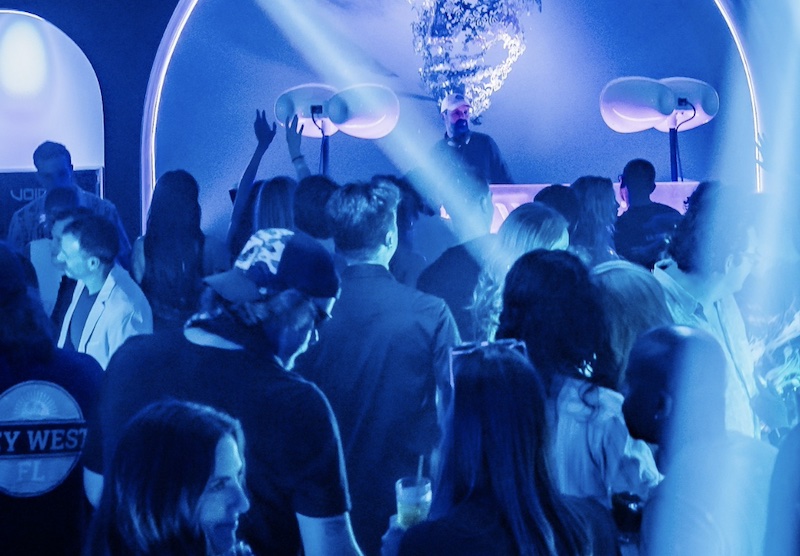
“They’re all blown away and excited that there’s something that’s not country happening, and I talk to, you know, 100,000 people a week because I still work behind the bar all the time,” said Owen Gibler, the bar manager and sustainable cocktail genius at Night We Met.
The club, of course, is not the first time there’s ever been electronic music in Nashville. In addition to Deep Tropics, before the club opened, there were a number of parties and the underground venue The Office, which hosts DJs and theme nights where attendees dance and dance and dance. Night We Met expands that scene, solidifies it. They’ve got a roster of shows every week Thursday through Sunday. They’re bringing in acts not just from the local scene, but DJs from around the world. They’re filling up by 10pm and the sets are rolling until 3am.
And that’s just EDM.
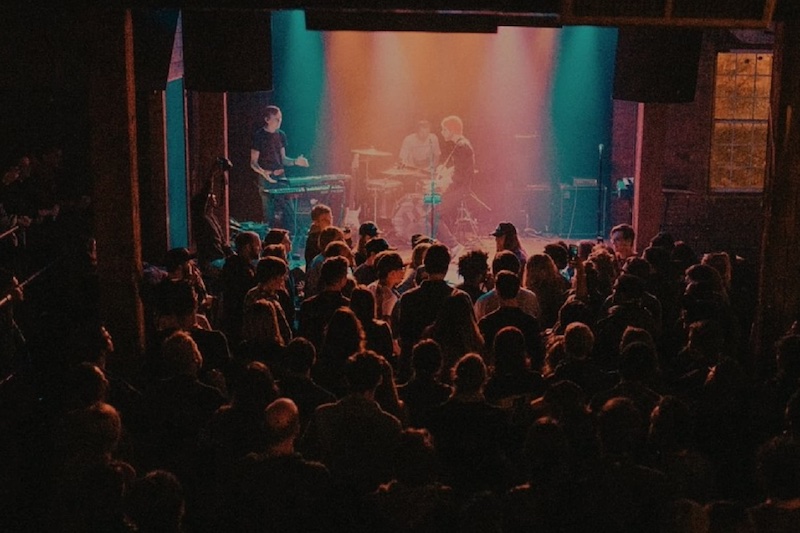
This past January, Cannery Hall, which has been hosting concerts since the 70s but closed for renovations, re-opened with three separate stages. While they’re not focused on a single genre, one of the most recent acts to perform was Upon a Burning Body, a metalcore band, and come the first weekend in June, their mainstage will be hosting both Trixie Matell and Marauda, an EDM producer. This year, a new venue, Bond St., is also set to open in the basement of The W Nashville, and will host a range of musicians from rock to R&B. Just three years ago, Jack White’s label, Third Man Records, opened up the Blue Room Bar for consistent live music or DJ sets three nights a week – one of their upcoming acts, Meatbodies, could never be mistaken for anything but rock. There’s also, as many from Nashville are probably aware, the Pinnacle, the new venue coming to Nashville Yards in 2025.
Live country music isn’t going away, but the city is making more and more room for non-country artists and venues. This month, the Tennessee legislature also passed a bill creating a live music fund for venues and artists, only the second in the nation to create one. While the bill is still waiting to be signed by the governor and no funds have been allocated yet, it’s easy to imagine this continued investment in live music will help all artists, not just those playing country.
Nashville knows better at this point.


